Europe Faces Another Brexit, People Are Split
In the global move towards cleaner energy solutions, decisions about transitioning to green energy have been made at a policy level.
While environmental objectives are clear, the public consultation aspect regarding the implications and costs of these decisions remains largely unaddressed.
The Public’s Place in Policy Decisions
The transition towards net zero carbon emissions has primarily been orchestrated by political elites.
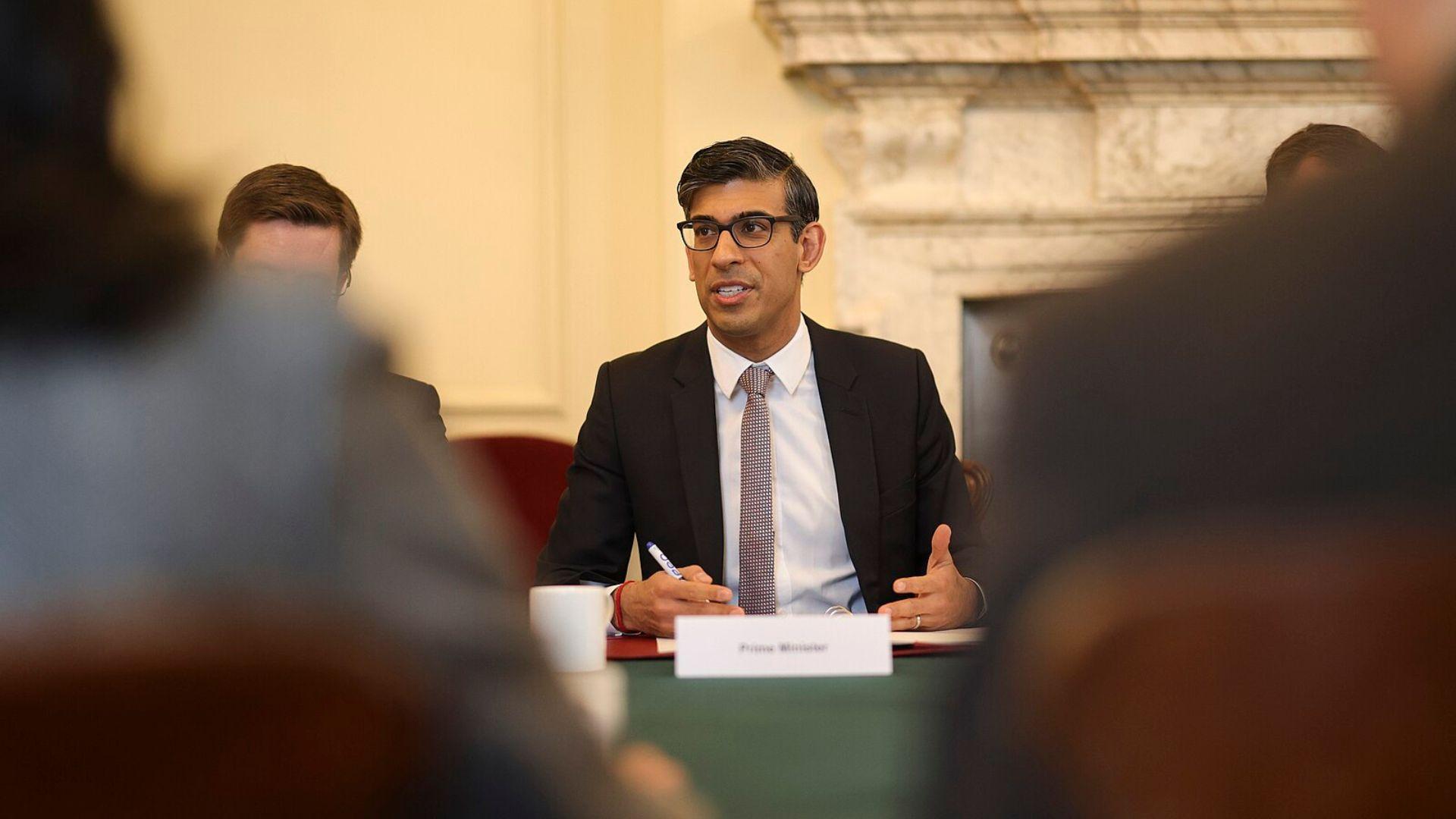
Source: Wikimedia Commons
This approach has seen decisions being made with limited public engagement, raising concerns about the potential democratic deficit in shaping such pivotal policies.
The Economic Considerations
While public sentiment overwhelmingly supports environmental protection and sustainability, the tangible costs associated with this transition have not been fully presented.
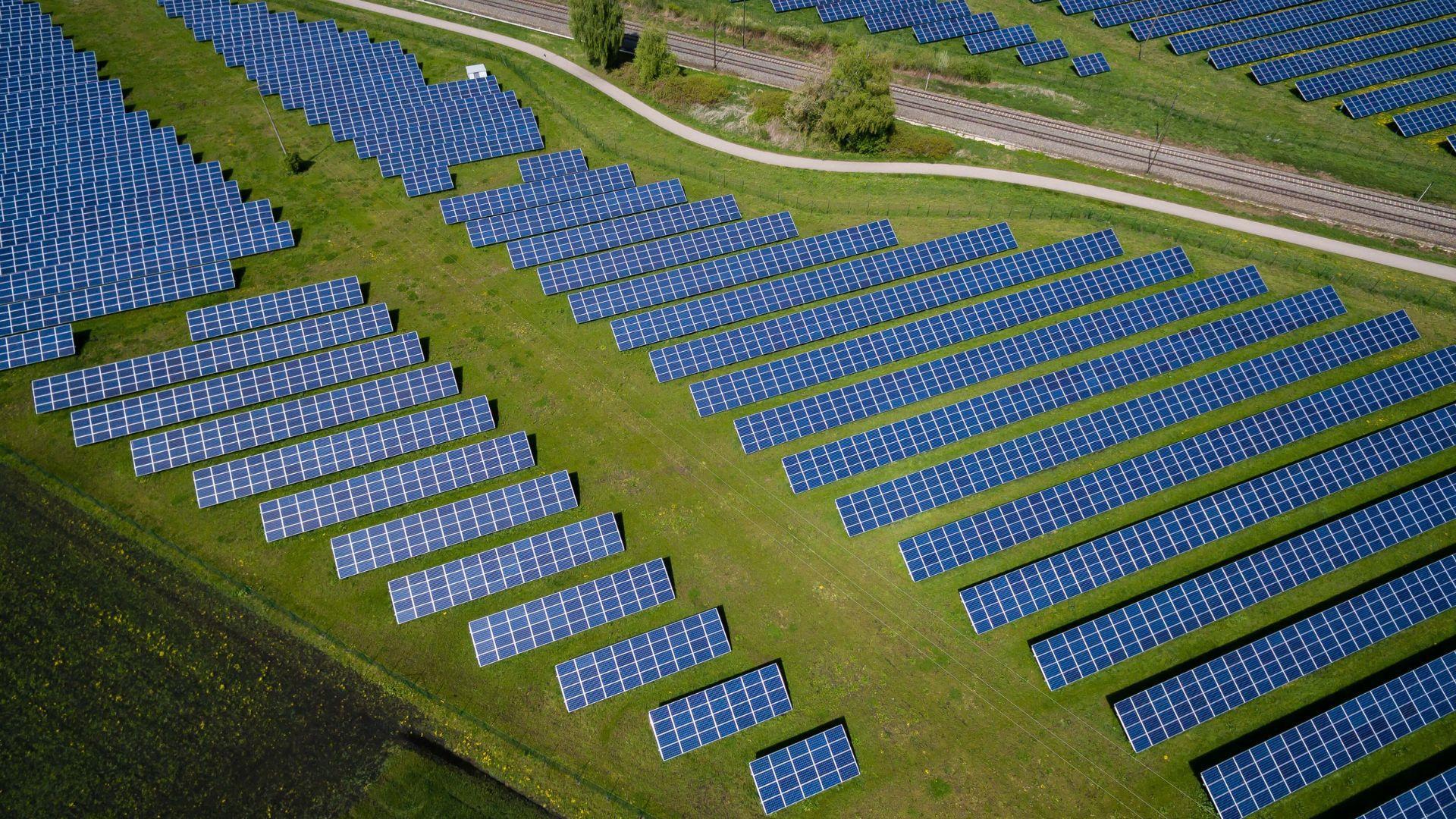
Source: Andreas Gücklhorn/Unsplash
This creates a gap in understanding the sacrifices that might be required, such as potential changes to standard of living, travel habits, and more.
Historical Transition and its Impact
Over the past two decades, there has been a significant shift from coal to gas in the power sector.
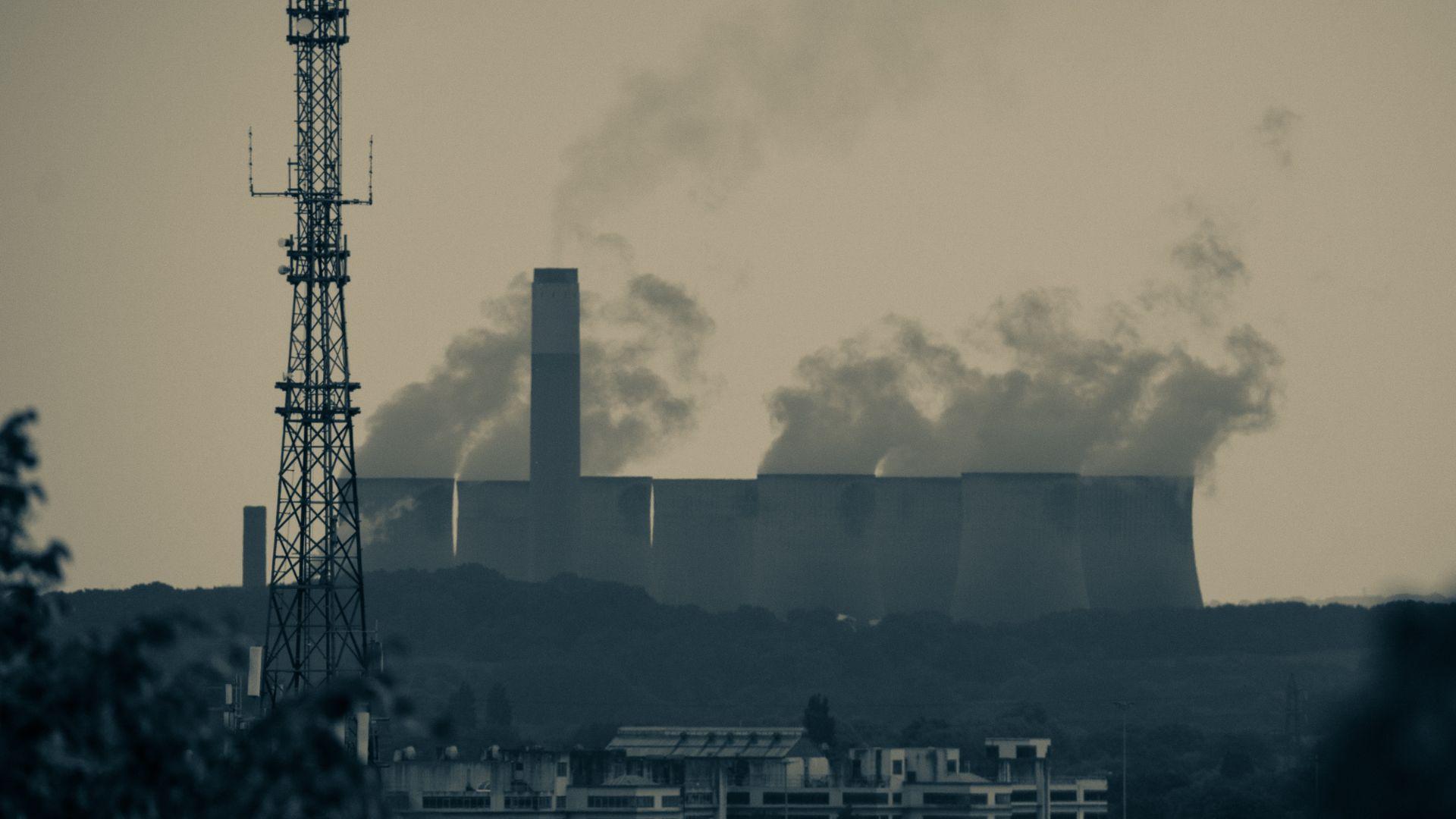
Source: Vilmantas Bekesius/Unsplash
This shift, driven more by resource availability than environmental concerns, was accompanied by a gradual increase in renewable energy sources, predominantly wind farms.
The Financial Implications of Green Energy
Subsidies supporting renewable energy sources have seen costs escalating over time. These subsidies now amount to over £10 billion annually, translating to an increase of over £300 per household each year.

Source: Suzy Hazelwood/Pexels
This cost is primarily reflected in utility bills, excluding the additional expenses of integrating these energy sources into existing infrastructure.
The Market Dynamics of Energy
The affordability of these green transitions was cushioned by low gas prices for a considerable duration.

Source: James Frewin/Unsplash
However, as electricity prices began to rise, especially after a spike in gas prices in 2021, the economic burden on households became more pronounced.
The Broader Implications of Net Zero
Achieving the ambitious goal of net zero extends beyond just increasing the reliance on renewable energy.

Source: Anouk fotografeert/Unsplash
It includes comprehensive changes such as phasing out petrol and diesel cars, reducing plastic usage, modifying heating systems, and revisiting travel choices, to name a few.
Realities of Renewable Energy
While renewable energy sources like wind and solar have their advantages, they also come with their own set of challenges.
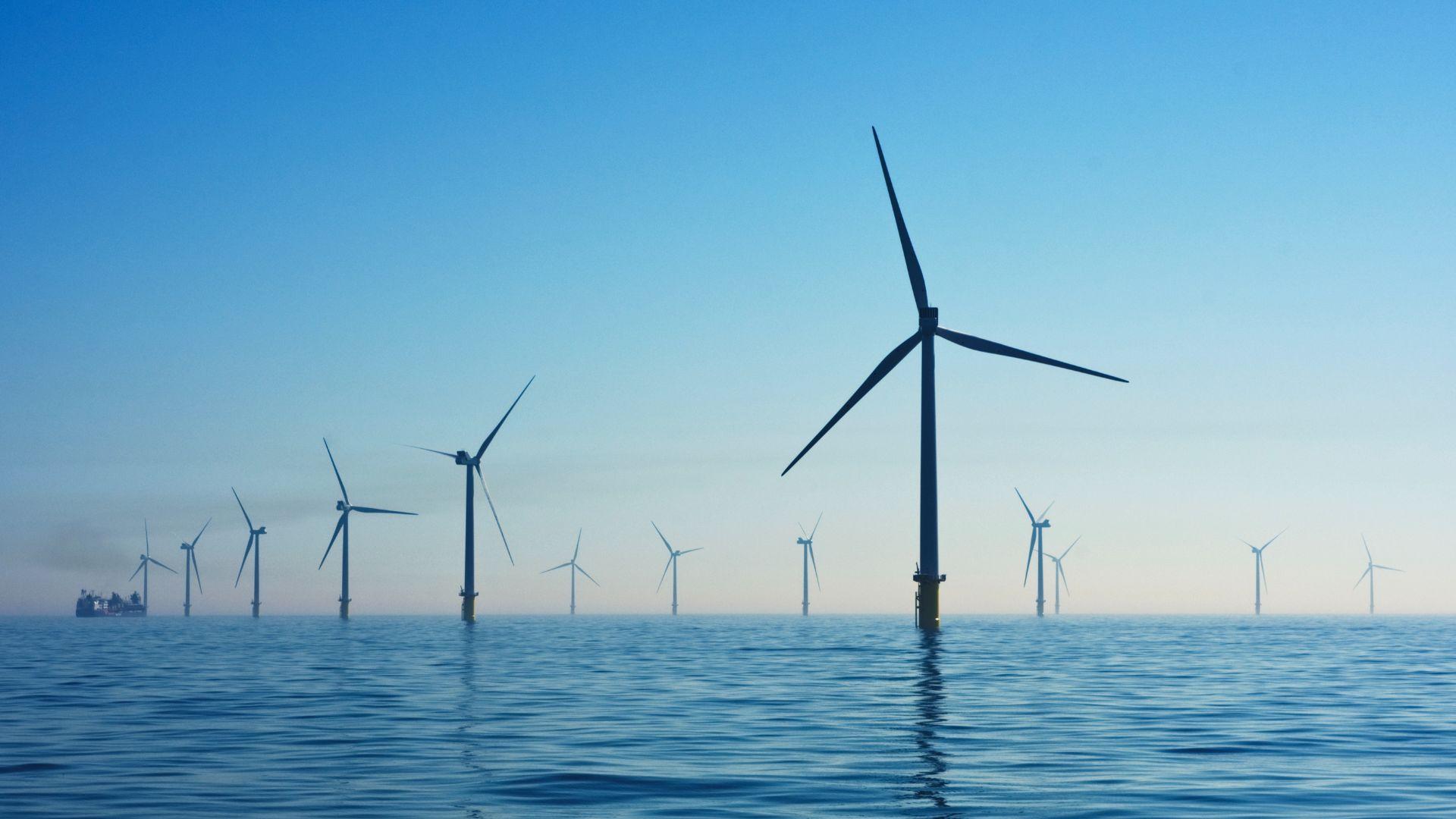
Source: Nicholas Doherty/Unsplash
The cost of ensuring that these renewables are consistently integrated into the grid, especially during periods when conditions are not optimal, can be substantial.
Policy Revisions and Impacts
Several upcoming deadlines, like the one for halting the production of conventional cars and introducing energy-efficient heating systems, have caused reconsideration at the policy level.

Source: Craig Cooper/Unsplash
Particular concerns have arisen around transitioning rural households to newer heating systems, considering the compatibility of these technologies with certain types of properties.
Public Sentiments and Policy Decisions
There has been growing public apprehension regarding the costs associated with the transition to clean energy.
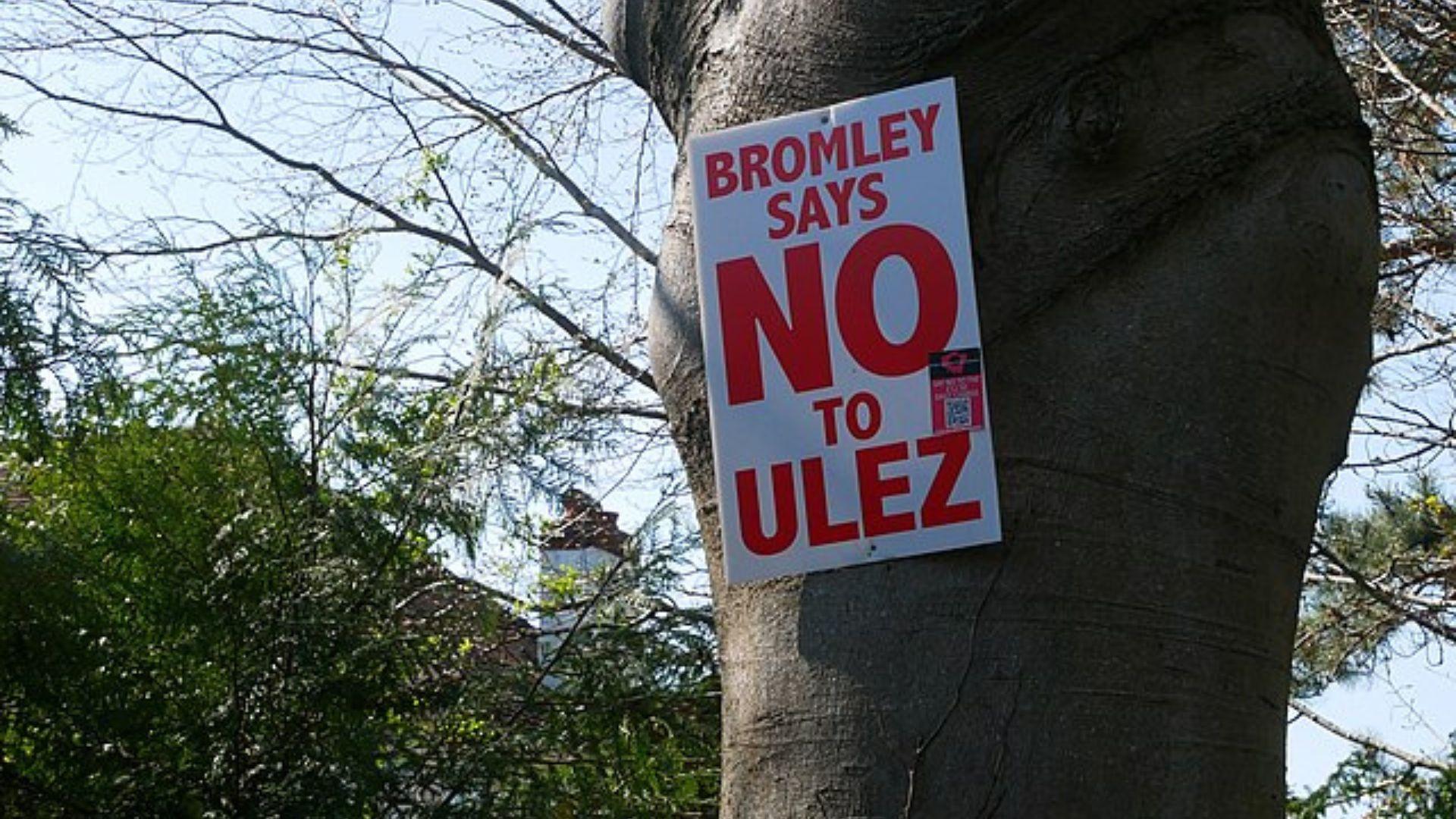
Source: Wikimedia Commons
The implementation of charges, such as the ULEZ charge in London, has amplified this sentiment, leading to public pushback and unexpected election outcomes in certain areas.
Political Reflection on Green Policies
The political landscape is beginning to acknowledge and respond to public concerns.
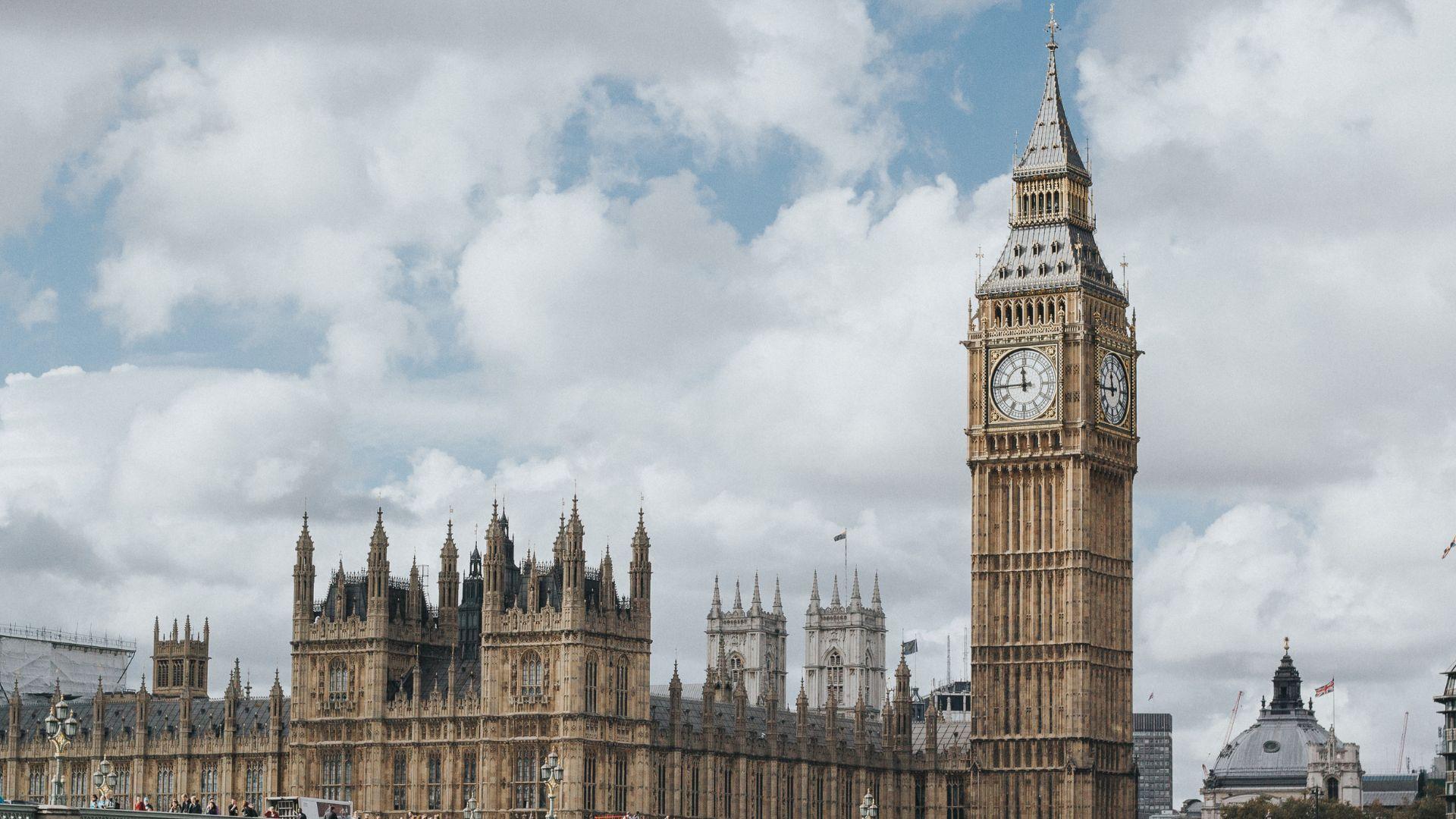
Source: Marcin Nowak/Unsplash
There’s a discernible shift towards ensuring that market dynamics, rather than just governmental policies, play a larger role in determining the pace of the green transition.
The Way Forward
As policy decisions around the green transition come into focus, there’s a growing emphasis on ensuring transparency about the implications, both environmental and economic.
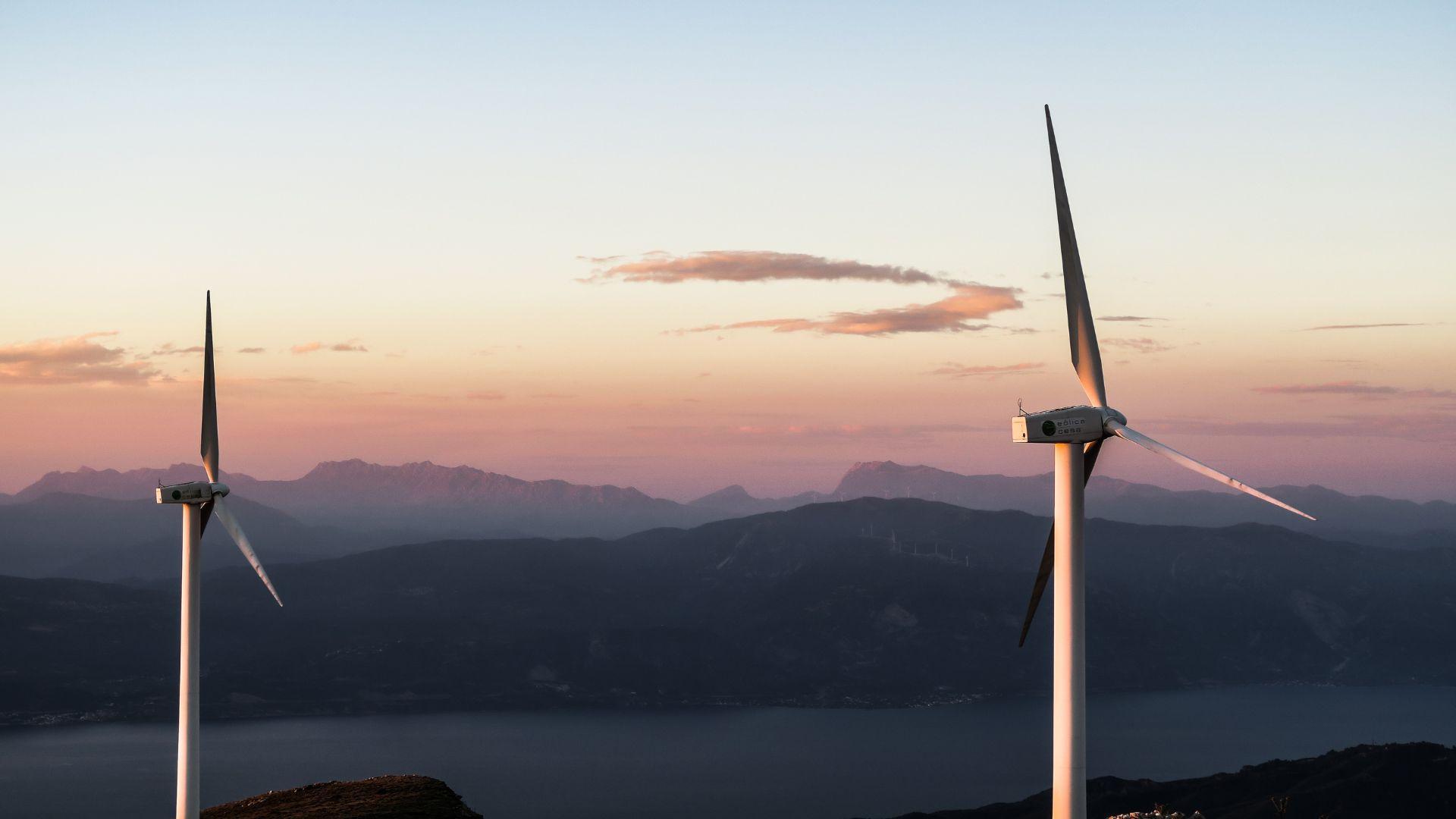
Source: Jason Blackeye/Unsplash
The forthcoming elections will provide a platform for political entities to clearly outline their climate commitments, offering the public an informed choice about the future of clean energy.
